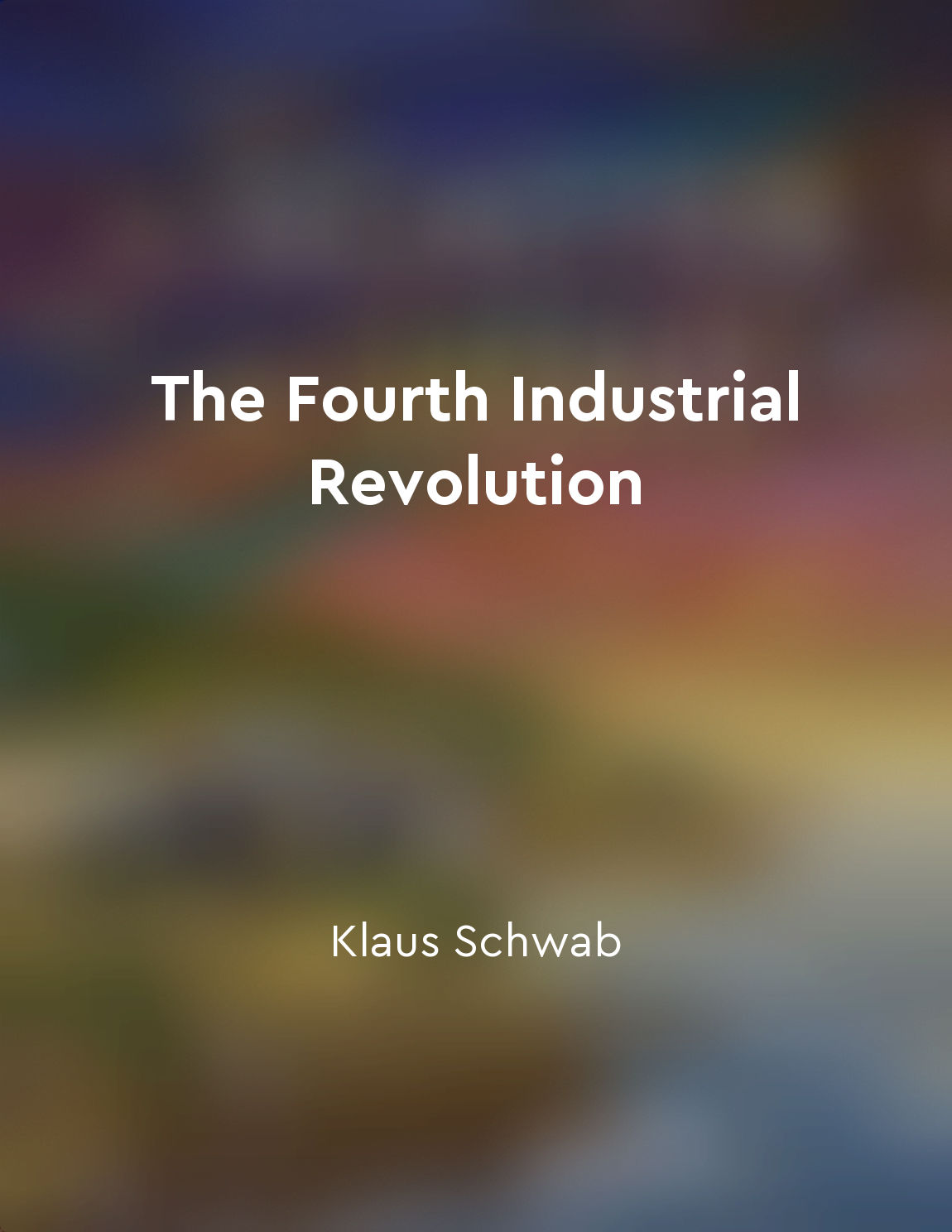Postindustrial society from "summary" of Radical Technologies by Adam Greenfield
In the broadest terms, the postindustrial society is one in which the majority of the workforce is no longer engaged in making things. Instead, they are involved in producing and delivering services, or in managing information. This transition from an economy based on manufacturing to one driven by services is a defining feature of the contemporary world. Postindustrial societies are characterized by a shift away from physical labor and towards mental activities. People are more likely to be working with ideas, information, and knowledge than with their hands. This change has been driven in large part by advances in technology, which have automated many of the tasks that were once performed by human workers. Another key feature of postindustrial societies is the importance of education and expertise. In order to succeed in a knowledge-based economy, individuals must constantly update their skills and knowledge. Lifelong learning has become essential for staying competitive in a world where new technologies and industries are constantly emerging. At the same time, postindustrial societies are marked by increasing inequality. While some individuals have thrived in the new economy, others have been left behind. The shift towards services and information has created new opportunities for some, but has also led to the decline of traditional industries and the loss of jobs for many.- The postindustrial society is a complex and dynamic phenomenon that is reshaping the way we work and live. It is characterized by a move away from manufacturing towards services and information, as well as a focus on education and expertise. However, it is also marked by increasing inequality and the displacement of many workers. Understanding the implications of these changes is essential for navigating the challenges of the modern world.
Similar Posts
Trade liberalization can boost growth rates
Trade liberalization can boost growth rates through various channels. Firstly, by removing trade barriers such as tariffs and q...
Continual reflection on experiences is essential for building cognitive capital
Reflection on experiences is not merely a casual consideration of what happened; it is a deliberate process of thinking deeply ...

AI has the power to solve complex problems
In the realm of artificial intelligence, there is a prevailing belief that machines possess the ability to tackle intricate pro...
Trust is essential for societal progress
Trust is the foundation upon which progress is built. Without trust, societies cannot function efficiently. When individuals tr...

Transparency and accountability are essential in the development and deployment of AI technologies
Transparency and accountability are critical aspects of the development and deployment of AI technologies. As we navigate the F...
Build strong relationships
In order to succeed in one's career and personal life, it is essential to cultivate strong relationships with others. These rel...

Globalization's impact on class structure
Globalization has fundamentally reshaped the class structure in modern society. The rise of a global economy has led to the eme...
Work has become increasingly specialized
Today, work is no longer just about the completion of tasks. It has evolved into a highly specialized and compartmentalized act...
Influence of technology on society
Technology has become an integral part of our society, shaping the way we live, work, and interact with one another. In the yea...

